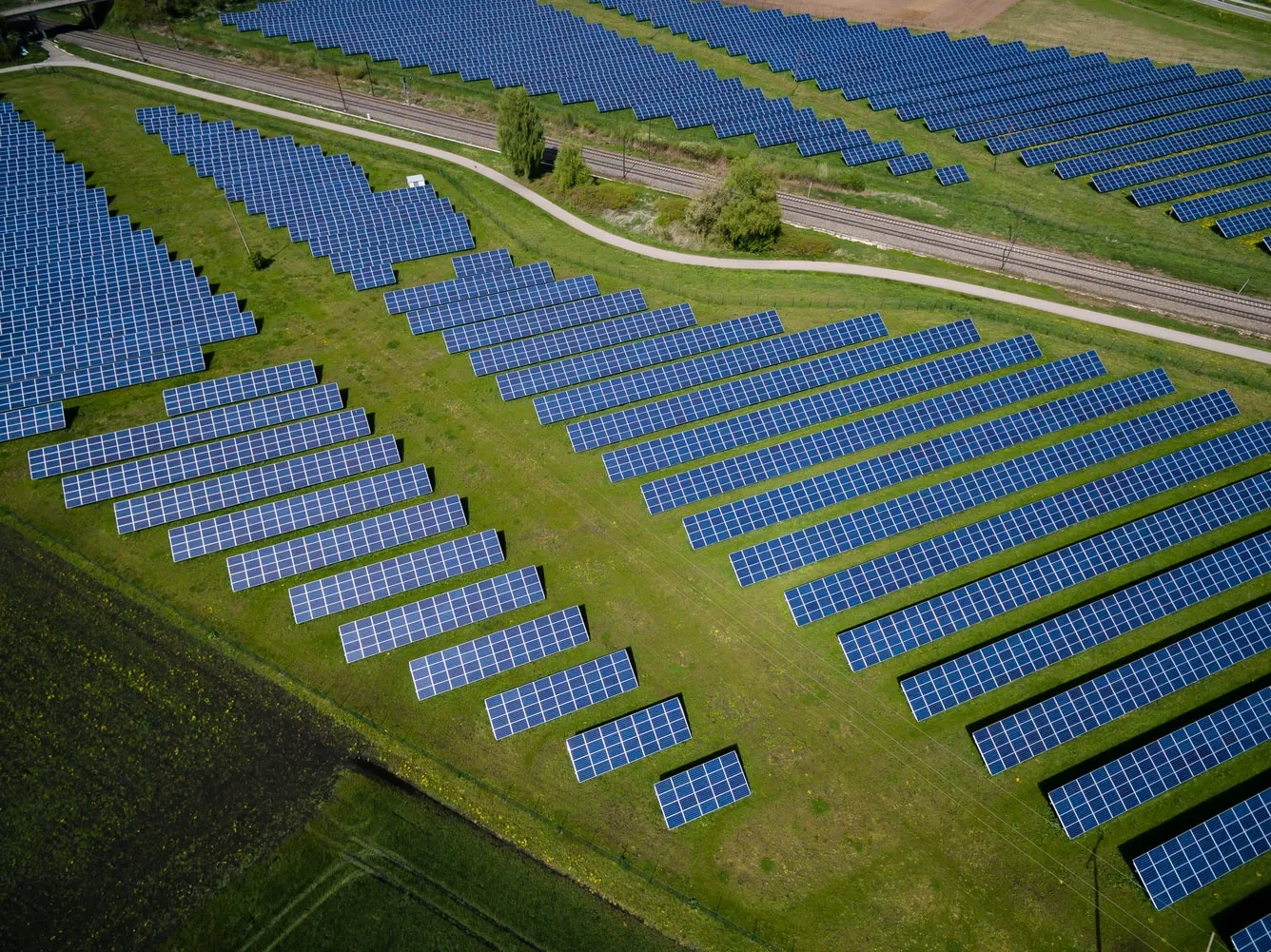On Tuesday 23rd of March the Government approved the final text of the Climate Bill legislation, which provides the framework for Ireland to meet international and EU climate commitments. The Bill commits Ireland to reaching net-zero emissions by 2050 and sets an interim target for 2030 to reduce emissions by 51% compared to 2018 levels. The first two carbon budgets, due to be proposed by the Climate Change Advisory Council (CCAC), will have to equate to this reduction by 2030 in line with the commitment of the 2020 Programme for Government.
The carbon budgets to be proposed by the CCAC will set emissions limits for each sector, weighted by each sector’s emissions. However, following receipt of the proposed budgets, the government has 4 months to determine how to apply the budgets to each sector for each five-year period. The budgets will have to be approved by both the Dáil and the Seanad and failing this the Minister will have 2 more months to consult other Ministers and the CCAC. Once the budgets have been approved, the Minister will then prepare the emissions ceilings for each sector for approval by Government.
The Bill does not detail penalties if targets are not met, but sectors that fall short of their targets may receive a lower carbon ceiling in the future. The Department for Public Expenditure and Reform (DPER) will consult this year on how individual sectors could bear any compliance costs for the State arising from failure to reach sectoral targets. The EPA GHG inventory and projection reports and the CCAC annual report will inform monitoring of compliance and progress. Ministers will be responsible for achieving the targets of their sector and will account for their performance before the Oireachtas Committee each year. Local Authorities must also prepare individual Climate Action Plans to be updated every 5 years which their Development Plans must align with. A National Long Term Climate Action Strategy is to be revised by government every 5 years.
When it comes to different greenhouse gases, the Bill states that the CCAC ‘will take account of: relevant scientific advice, including the special characteristic of biogenic methane; the most recent national greenhouse gas inventory and projection reports; international best practice on the reporting of greenhouse gas emissions and removals’. The CCAC will also be tasked with considering ‘in so far as practicable, the need to maximise employment, the attractiveness of the State for investment and the long-term competitiveness of the economy’ in the carbon budgets.
The Climate Change Advisory Council will propose carbon budgets for 2021 – 2035 in Q2 when DECC will also publish their Long-term Climate Strategy. Q2 will also see DPER develop performance metrics for climate expenditures (beginning with the carbon tax) and include these in their annual Budget Reports going forward. The 2021 Climate Action Plan will have details of sectoral emissions ceilings and actions for each sector to reach targets and is to be updated annually.
The Bill will also provide amendments to the Electricity (Supply) (Amendment) Act 1954 to increase ESB Group’s Statutory Borrowing Limit from €6 billion to €12 billion. These amendments are to be introduced at Committee Stage of the Bill in the Houses along with an amendment to give statutory effect to the Programme for Government commitment to end the issuing of new licences for the exploration and extraction of gas.

